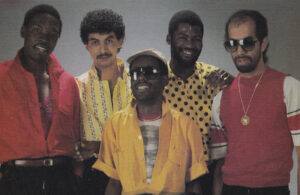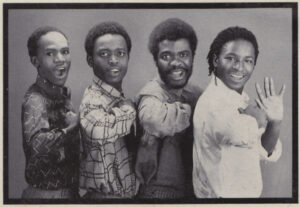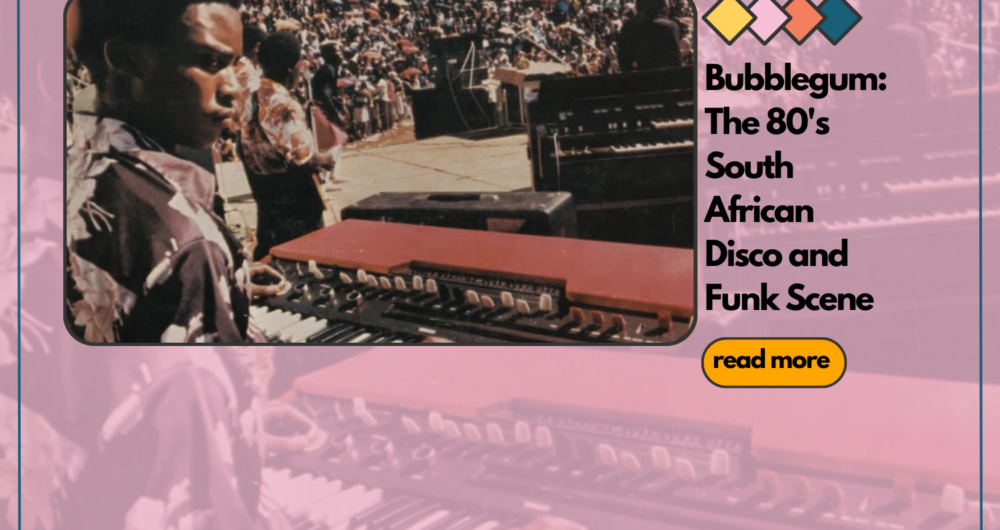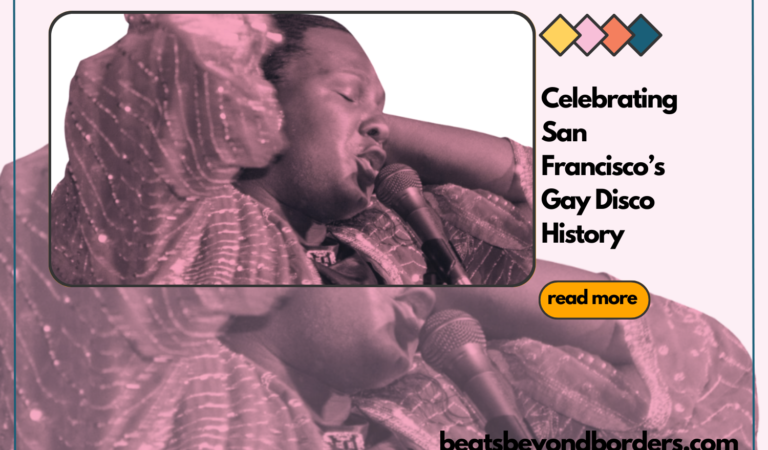South Africa is home to a dizzying variety of musical genres and traditions, including some that look directly to American sounds for inspiration. In the late 70s and early 80s, many of the country’s best young musicians were guided by funk, soul and eventually, disco.
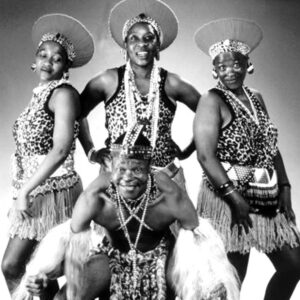
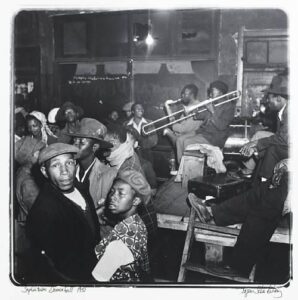
In the 1980s black South Africa, the period that nestled in between the ‘70s (where American-influenced jazz, funk and soul bumped shoulders with local Mbaqanga) and the ‘90s (when Kwaito and eventually house-music ruled the dancefloors of urban South Africa), a local form of pop music evolved as the disco boom eased down and slowly mutated.
It was often ubiquitously described as ‘Bubblegum’ – usually stripped-down and lo-fi with a predominance of synths, keyboards and drum-machines and overlaid with the kind of deeply soulful trademark vocals and harmonies that South African music is famous for. Bubblegum borrowed from the traditions of mbaqanga, marabi and kwela – all genres that evolved in the ‘40s and ‘50s as local artists tried to find a ‘local sound’ for their jazz and blues inspirations. What set it apart was how steeped in South African Township culture it was.
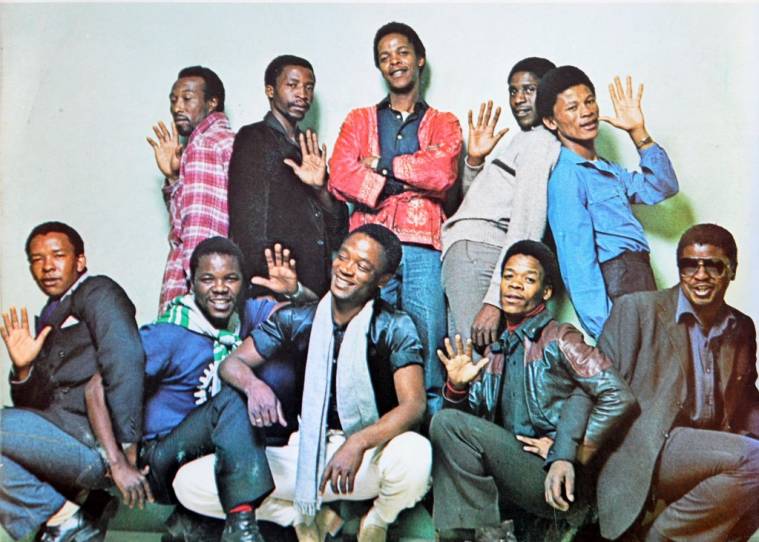
A genre that was South Africa’s own take on American funk and disco, this music had a huge following, defying apartheid-era racial prescriptions, and even managed to cross over to a multiracial audience; but because of South Africa’s isolation under UN sanctions, ‘Bubblegum’ never got the international exposure it deserved. By the early ‘90s, many of the labels and artists had faded into obscurity.
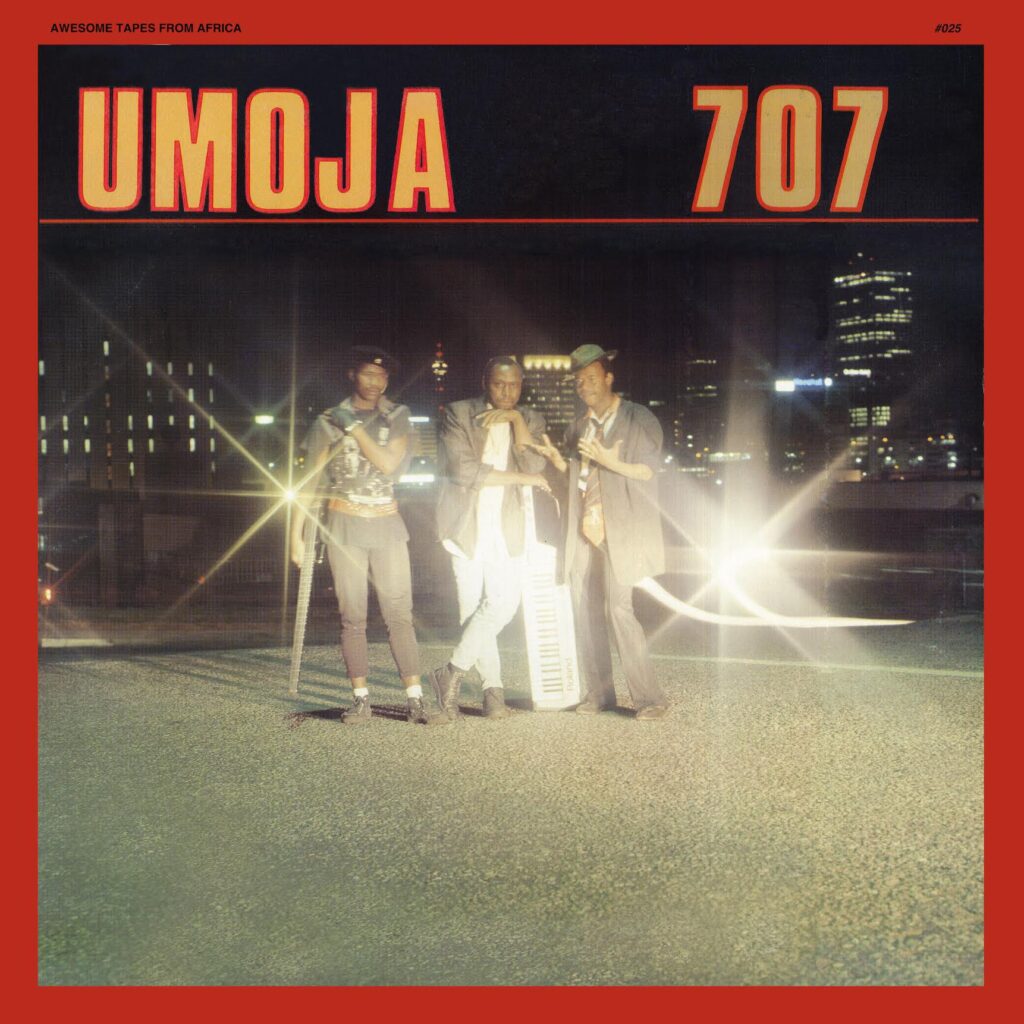
As the decade wore on, this sound shed its American roots and took on more local influences, becoming ever more electronic and less funky, to become the kwaito of the 90s and ultimately the house music of today. It all started with the arrival of synthesizers and the creativity of producers and artists such as – Harari, The Cannibals, Neville Nash, Benjamin Ball, Don Laka and Al Etto – pioneers of a new sound before it became established and marketable – global in its appeal, yet rooted in Africa.
